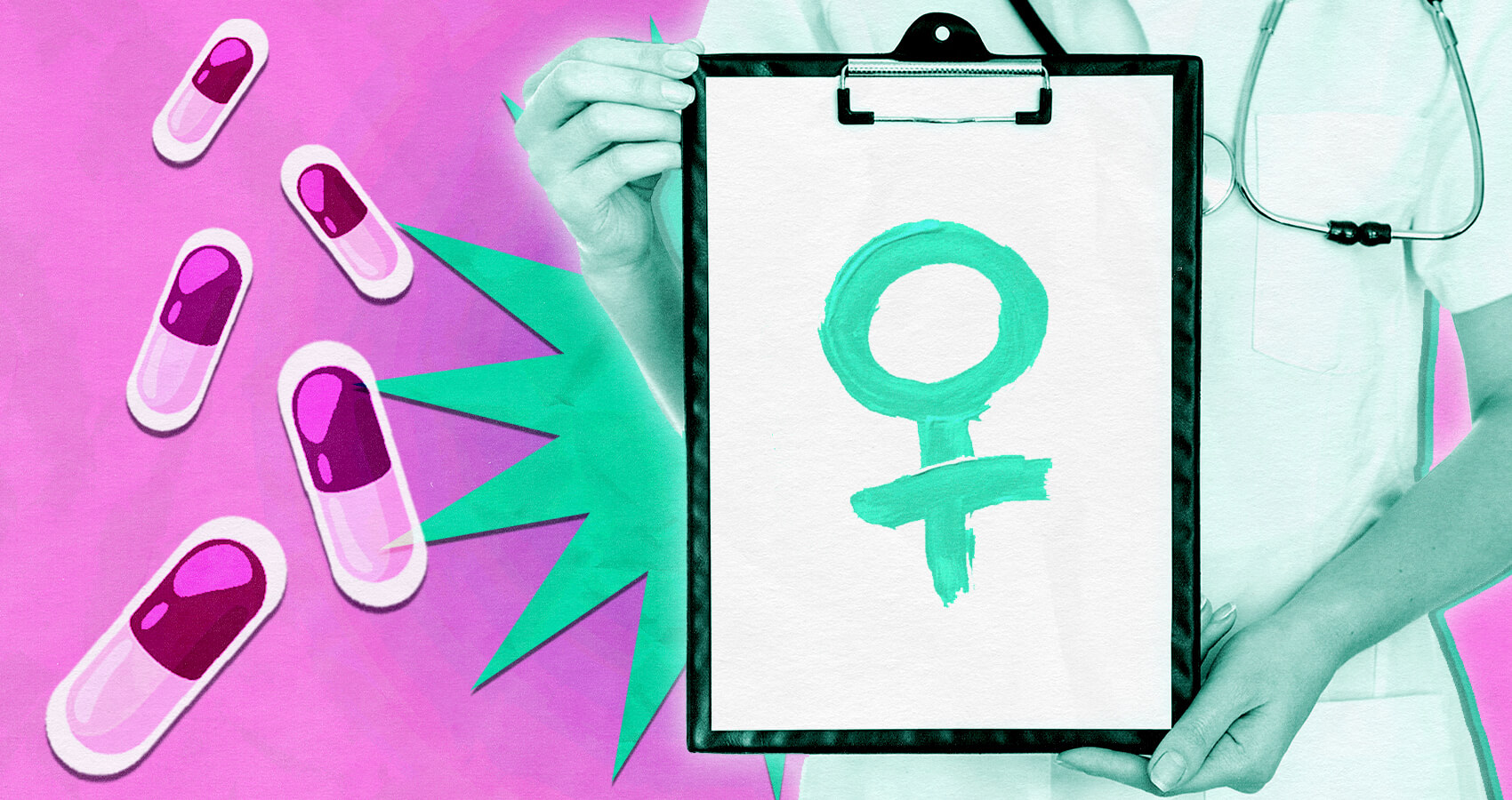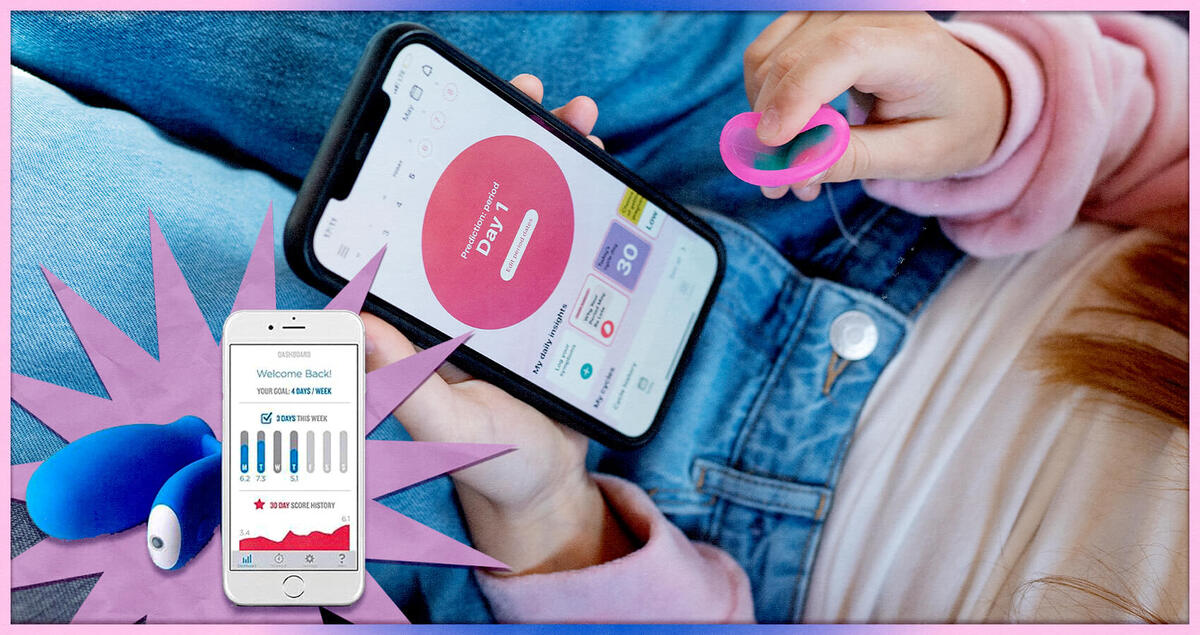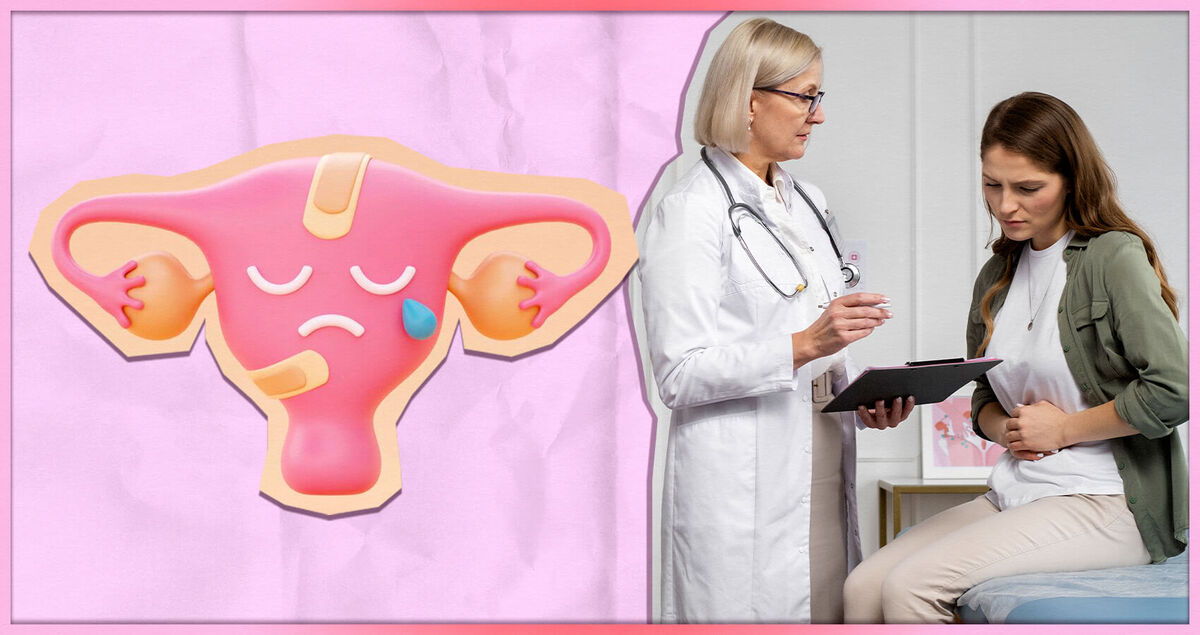
Advances In Women's Healthcare – Changing The Landscape For The Better
Progress in women's healthcare bridging the gender health gap.
It’s a man’s world. This age-old phrase may usually be said jokingly but it couldn’t be closer to the truth – especially when it comes to healthcare. Modern medicine as we know it was founded on research carried out in men – even drug dosage trials and research into women’s health has been chronically underfunded. The issue with this is that it puts women at risk because not enough is known specifically about women’s healthcare. However, recent advances in women’s healthcare are helping to close the gender health gap.
Technological advances in women’s healthcare

In the early 2000s, when the whole world witnessed a technological shift across multiple industries (think video gaming, camera phone and bluetooth), healthcare got a major push too. Fast forward to today and we now have treatments for serious problems like cancer, which in the past had little to no intervention. But what about advances in women’s healthcare specifically? Was that ever a point of focus?
Women experience arguably the most difficult and long-lasting health changes (think periods, pregnancy, perimenopause, menopause, and their associated symptoms) and yet historically it seems like there has been little effort put into making life better for women.

But more recently, technological advancements have rippled their way into women’s healthcare as well. Innovations such as smart pelvic floor trainers (which strengthen pelvic muscles for better bladder control and provide health data in a linked app), period tracking applications (mobile apps designed to monitor menstrual cycle phases), smartwatches with temperature sensors and practices like telemedicine (virtual consultations with doctors directly from home) have played a big role in the advancement of women’s healthcare. These apps and practices have made it easier for modern day women to self-assess, take control of their health, and get help for any health concerns.
An area of women’s healthcare that was recently transformed by a combination of the COVID-19 pandemic, and telemedicine, is access to abortion care services. Until a law change in 2020, brought about by the pandemic, women were able to access abortion pills remotely, without the need to attend a clinic or hospital first. Now, women can access the abortion pill online. This is something that would not have been possible without telemedicine.
Abortion pills are one of the safest ways to terminate a pregnancy of up to 10 weeks, according to the NHS. These pills were a saving grace for many women across the UK during COVID-19 pandemic, and saved countless women from unwanted pregnancy complications. Initially introduced as a temporary law, remote access to early medical abortion via abortion pills has now been made permanent, and is not only a welcome but much needed change.
Making much-needed changes to women’s healthcare

Awareness is not only beneficial for education, but it also encourages change. For example, due to our ever-changing lifestyles, many women face the problem of endometriosis. In the UK alone, 1 in 10 women of reproductive age are diagnosed with endometriosis, according to the Royal College Of Nursing. This is an alarming statistic.
Thankfully, many celebrities like Lena Dunham and Alexa Chung are using their influence to shed light on this overlooked woman’s health condition. Sarah Hyland aka “Hailey” from the famous show “Modern Family” recently took to Instagram and opened up about her struggles with endometriosis. She has also been quite vocal about it in her many interviews, making more and more people aware of the condition and the need for early diagnosis.

Similarly, the famous TV show presenter, Davina McCall puts her fame to good use by educating her audience on struggles with menopause. Her documentary “Sex Myths and Menopause” was watched by over 2 million people and increased the adoption of HRT and bioidentical hormones to treat menopause by over 30%, according to research from Thermes. Her more recent documentary “Pill Revolution”, talks about the landscape of contraception in the UK with abortion pills as a focus. It has been key in raising awareness about easy access to contraception.

The accessibility of resources, innovation, and awareness has resulted in a better dialogue surrounding all aspects of women’s healthcare and the Government is starting to take steps to bridge the gap between access to effective health treatment for women. For example, in the UK, a new Women’s Health Strategy has been introduced which talks in depth about how women live longer than men, but face more health challenges. In addition, we do not understand enough about conditions that only affect women. To solve this, the strategy aims to educate doctors in-depth about women’s health, providing specialized training for female health issues, with extra emphasis on improving fertility treatments, and a £10 million investment to create 25 new mobile breast screening units.
In addition to this, health advice and guidance for female-specific health conditions like endometriosis, will also be updated to provide better informed treatment options. The aim of this strategy is quite straightforward. In the next 10 years, the healthcare system should boost all health outcomes for women and girls by listening to their concerns. This would be achieved by introducing strong female representation in policy making at all levels, and putting more focus on women centric health policies.

According to the Secretary of State for Health and Social Care, Victoria Atkins, this strategy will also focus on other issues like menstrual problems, menopause, maternity care, birth trauma support, support for domestic and sexual abuse and reduction in cost of Hormone Replacement Therapies (HRT) for women. An additional £50 million would be spent on research to help deal with maternity disparities.
In conjunction with the above, the new “Pharmacy First” policy introduced by the Government will help to improve access to UTI medicines, and treatment for minor illness or urgent repeat medicine which previously required appointments by a GP.
All genders deserve equal healthcare

The advancements in women’s healthcare have been a much needed change, and have led to not only more awareness of the issues, but also a more open dialogue around unequal healthcare access for women. With the Government taking some steps to bring about positive changes, we can hope for a better future for women and their loved ones. The future may be looking slightly brighter for female healthcare, however, there is still a long way to go to catch up.












